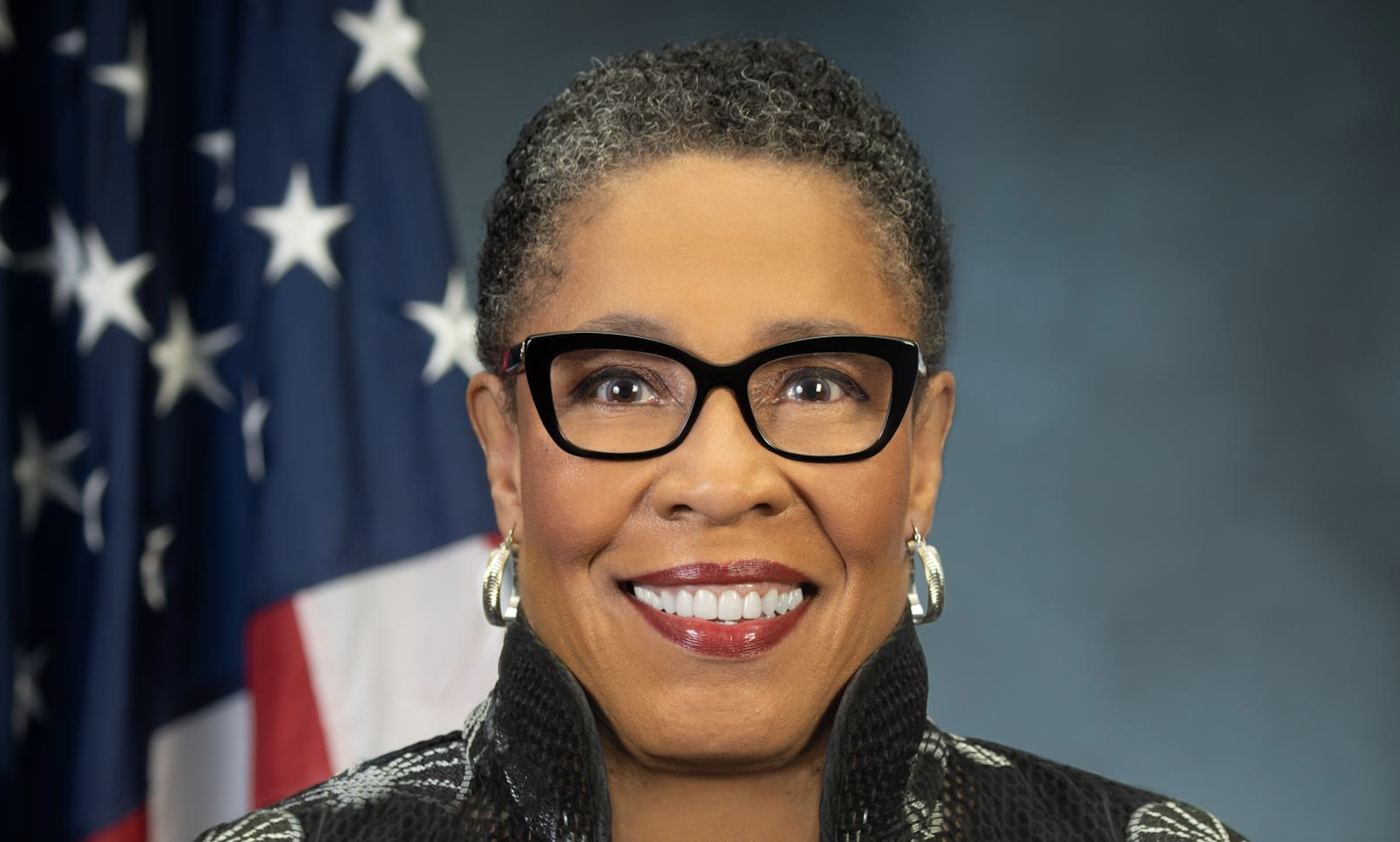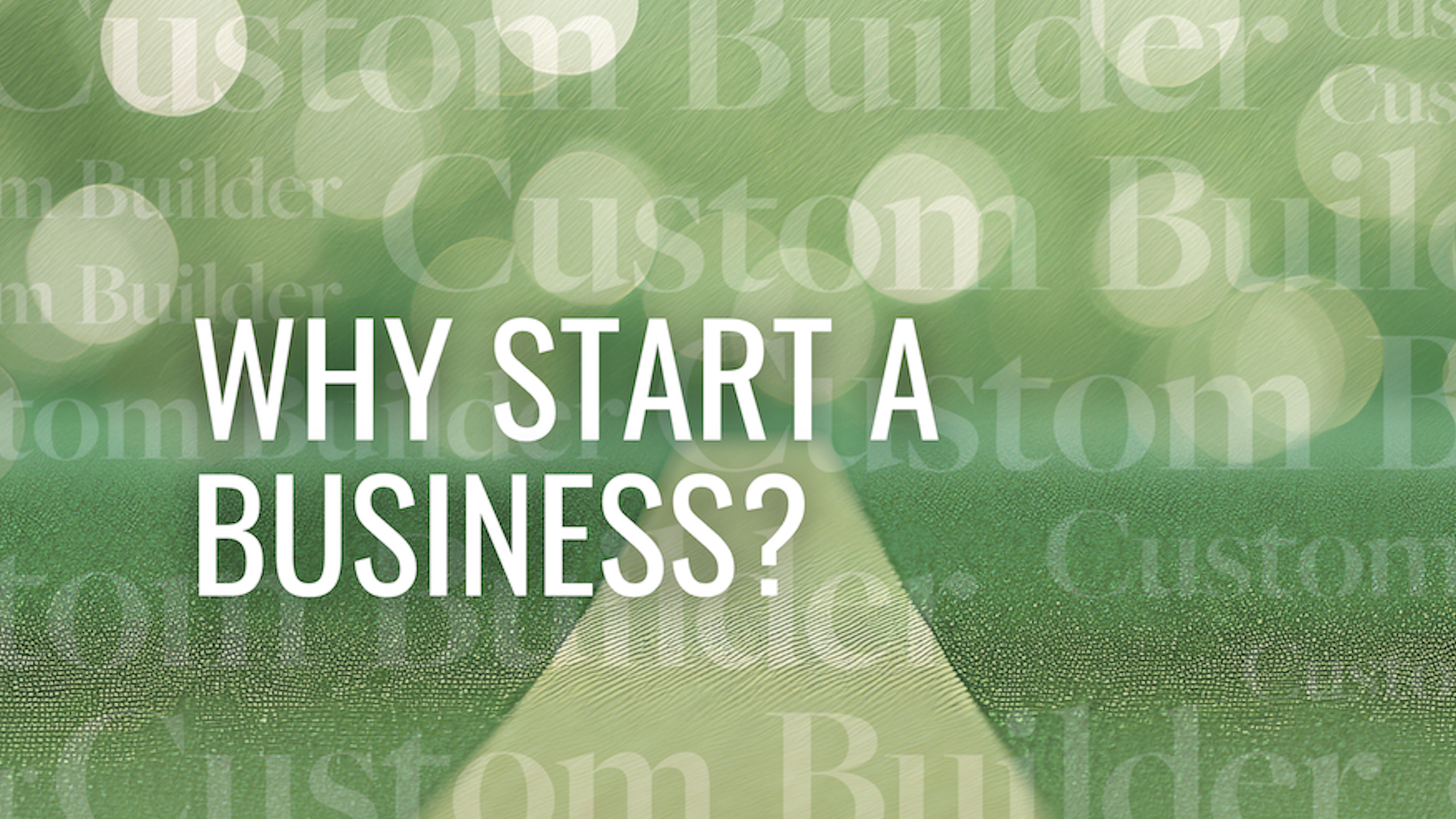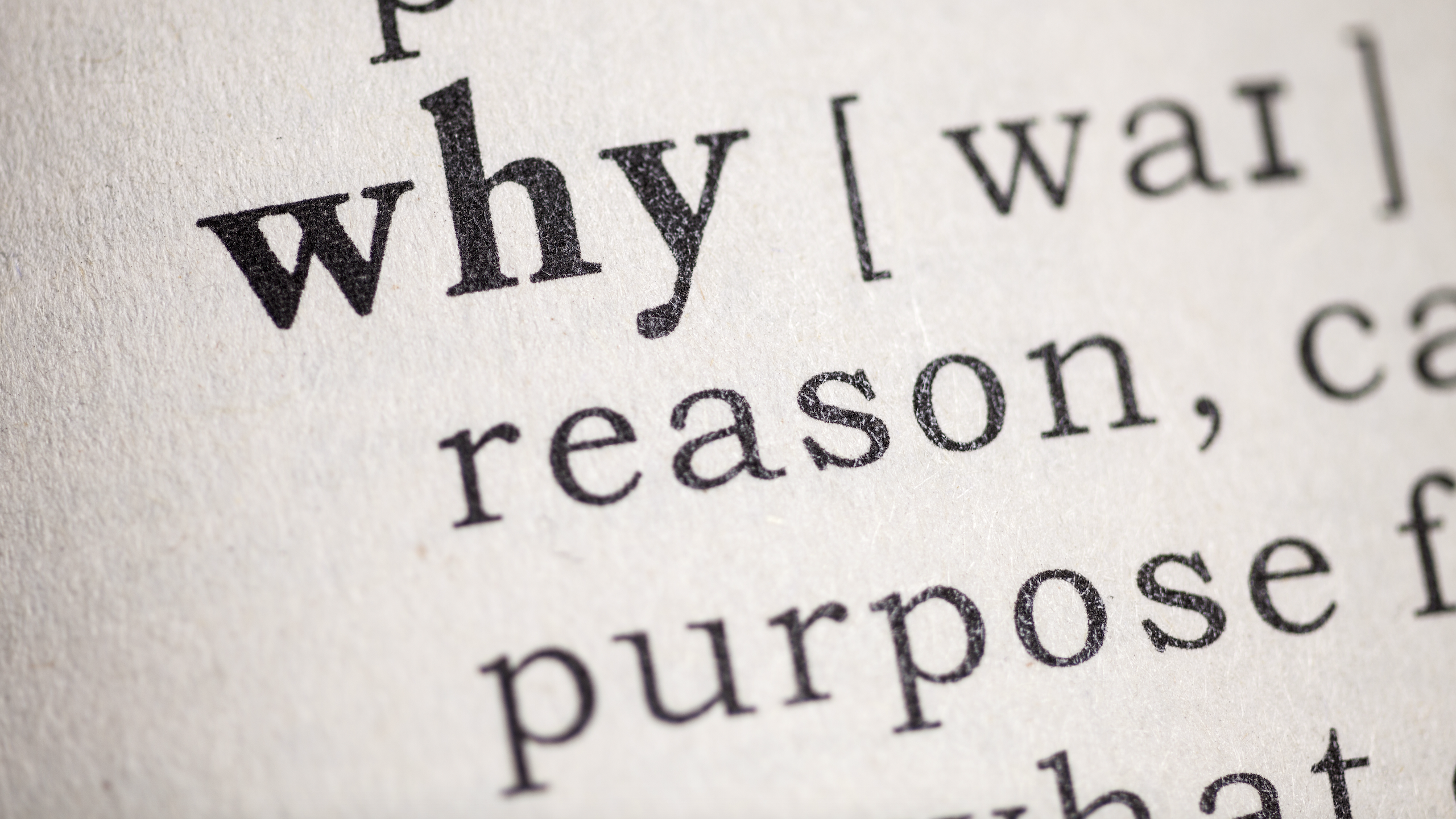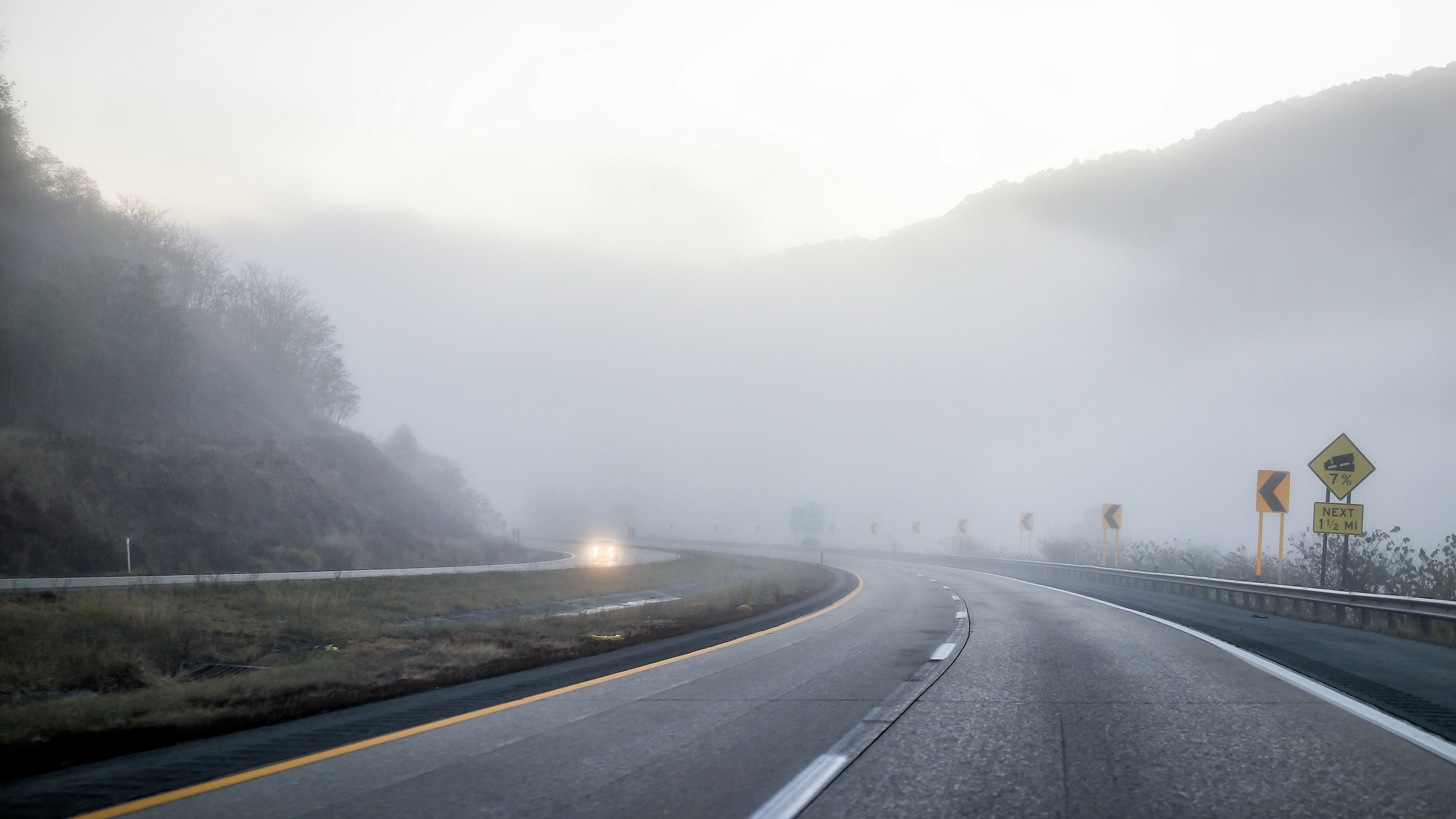|
Sept. 11 raised the stakes of emergency preparedness. Not only did it cause our government to rethink its response to crisis in the homeland, it led many American companies and individuals, after seeing the horror of the World Trade Center collapse, to review corporate and personal contingency procedures.
This is the second of a two-part series on how to prepare for a catastrophic event. Part I involved steps to be taken that would allow your company to continue functioning if it suffered a significant loss or your primary office space were inaccessible or destroyed. Part II is a primer for steps you should take to protect your personal affairs in case of disaster on your home front.
In a world where priorities seem to change every day, it can be easy to overlook disaster planning at home. Congratulate yourself if you’ve taken steps to protect your livelihood, but don’t stop there. Your home is susceptible to many of the risks your business faces, and you should take steps to secure important documentation and records that affect your personal life and family. Some threats to your corporate life, such as computer viruses, can also negatively affect your personal affairs. Others, such as employee theft, are unlikely to affect your domestic well-being. Risks to consider include:
Computer risk: If you have children, you are probably even more susceptible to external computer threats at home than at the office. Instructing employees not to open e-mail attachments is easier than telling it to a child, and an e-mail attachment is what would most likely bring a virus to your home computer.
Environmental risk: Fire, natural disasters (floods, tornadoes, etc.) and water damage (from burst pipes, for example) are calamities that can destroy not only your personal records but your home.
Criminal risk: While computers might not have the cache they once did in the eyes of a criminal, laptops still do. And the allure of a safe discovered by an intruder who broke into your home probably would be too much to pass up.
Business risk: Many owners of small businesses run them from their homes or bring work home from the office. Work brought home is certainly susceptible to loss, as are files that might be backed up on home computers. Similarly, any other work products maintained or stored at home are also at risk.
Death: Families should plan for death. The insurance company marketing tag “insurance is not for the dead but for the living” is accurate. Parents who photocopy birth certificates for backup yet hold insufficient life insurance are doing a disservice to their family.
Where to Start
If you think of your personal life like you think of your business, consider the impact on you and your family if your personal records were destroyed. Imagine how difficult they would be to re-create and the time and expense it would take to complete the task. Acknowledge that the undertaking would be enormous, and then formulate your disaster and recovery plan.
Personal records: Start with your most obvious record-keeping needs (monthly bills) and then progress to longer-term matters (retirement and pension plans). Compile a list of your monthly bills and include account numbers, mailing addresses, telephone numbers, and actual or approximate monthly payment amounts. Keep this list somewhere other than your home. The intent is to have a checklist to ensure that you can maintain your home and good credit should something happen to your files.
For parts of your personal financial life that are significant but not critical to day-to-day living, a second list should be recorded and also kept outside your home. This list should include insurance policy numbers; brokerage names and account numbers; the names, addresses and telephone numbers of your financial team (insurance agent, attorney, accountant, financial adviser, etc.); credit card numbers; mailing addresses; and telephone and cell phone numbers.
Hardware and software: Aside from the data stored on your computer or on computer disks kept in and around your computer, compile a list of all software purchased for use in your computer or installed by the PC maker that sold you the hardware. Be certain to include product names and versions so any data saved can be restored under the same conditions as they were previously utilized. Ideally, original program disks should be kept outside your home so they can be easily loaded into another computer should the need arise.
Critical to any disaster plan is backing up computer files on a regular basis, and those disks also should be maintained off premises. (Backup disks are different from program disks. The backup disks contain the data the software compiles and coordinates.)
Most computer owners would argue that the biggest loss they face is of their data, not their computers. If you are concerned about replacing the cost of your computer, monitor, printer, etc., check the wording on your homeowner’s policy. If it includes a minimal amount for hardware, consider adding a rider to cover all your equipment. (Note: Depreciation on the equipment is pretty rapid, so overinsuring is fairly easy to do. One dollar spent on computer equipment today becomes 50 cents fairly quickly, so don’t overpay for protection you might not get.)
Paper documents: Certain paper documents should be maintained in a safe-deposit box outside the home. This would include any document that would be difficult or costly to replicate, such as stock certificates. Certain documents should not be kept in a safe-deposit box. The only original copy of your will, for example, should not be stored in a location that might be sealed in the event of your death. Documents of that nature should have multiple originals (which also means they all have to be updated if you decide to make changes).
It is important to make distinctions among your documents. While certain paperwork (old bank statements, for example) might have a limited potential value, its loss probably would not have a negative impact. Conversely, the loss of the previous year’s tax return might be costly if you typically compare returns to ensure that you’ve included all relevant information.
These types of distinctions will determine which documents should be stored in a safe-deposit box, fireproof vault, standard file cabinet or desk drawer. Similarly, certain paperwork should be copied or scanned and kept in multiple locations because of its criticality (though it’s important not to take this task to abnormal lengths). Bottom line: A lot of the material we store at home is probably unnecessary but nice to have. And it’s probably not worth it to spend time or money protecting that type of material from disaster.
Furnishings and collectibles: One of the smartest things a homeowner can do to ensure an accurate record of personal belongings is to walk around the interior and exterior of the house with a video camera. A running commentary would add value to the video and offer glimpses into possessions should it be necessary to determine their true worth in the event of loss. Naturally, this video should be stored off site so that it, too, would not be lost in a disaster.
Any item of special value (antiques or collections, for example) should not only be photographed, but also should be protected with a rider on a homeowner’s policy. Items with substantial value also should be appraised by a professional to ensure that replacement value is shown accurately on the insurance policy. For an item with appreciating value, the policy should have an escalator clause so that the item’s insured value increases each year.
The loss of property, people or sensitive documents is tragic and never timely. Knowing that steps could have been taken to protect your family but weren’t compounds even the worst calamity.
Stanley F. Ehrlich, a past president of his 550-member local builders association, is a personal financial adviser in Clinton, N.J. He can be contacted via e-mail at sfehrlich@rcn.com.
Related Stories
Custom Builder
HUD Secretary Marcia Fudge Announces Forthcoming Resignation
U.S. Department of Housing and Urban Development Secretary Marcia Fudge has said that she intends to leave office later this month
Custom Builder
Floodproof on a Floodplain
An impressive addition to the IDEA Home series, the NEWLOOK Experience Home is a master class in engineering and creative design, with builder Michael Freiburger out-thinking an exceptionally tricky lot
Custom Builder
Why Start a Custom Building Business?
In this Taking Care of Business segment, expert coach and trainer Scott Beebe joins our host Duane Johns to talk about where custom builders could be getting off on the wrong foot
Custom Builder
3 Questions Answered About Reliable Energy in Home Construction
Energy expert Bryan Cordill makes a case for why and how propane is an answer to growing concerns about reliability and resilience in home construction
Business
Custom Builder to Talk Color Design with Becki Owens at IBS
At this year's IBS, renowned designer Becki Owens will sit down with host James McClister, editor of Custom Builder, to discuss a variety of topics from basic color play in design to the Allura Spectrum palette, a collection of Sherwin-Williams colors curated for the benefit of pros
Business
PERC Highlights Sustainability and Efficiency at IBS with 'Clean Build Conversations'
Hear from industry standouts Matt Blashaw and Anthony Carrino at this hour-long Show Village event
Business
The Five Foundational Cornerstones
Business coach Scott Beebe shares insights into the often ignored business basics that could be the difference between long-term success and failure
Custom Builder
Start With the Why: Fundamentals of the Custom Builder Business
In our inaugural episode of Taking Care of Business, host and custom builder Duane Johns sits down with Scott Beebe, head coach and founder of My Business on Purpose, to talk vision, purpose, mission, values, and more
Business
Why AI Is Now Key to Our Trade Partner Strategy
Thompson Custom Homes Business Manager Erin Day explains how AI became a crucial part of building and maintaining successful trade partner relationships
Business
Thriving in 2024: Tips for Succeeding in an Uncertain Environment
Author and sales expert Mark Richardson shares his insights on the industry and how to rethink your approach to success in the new year












